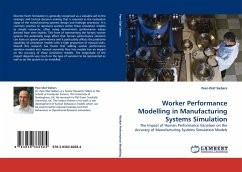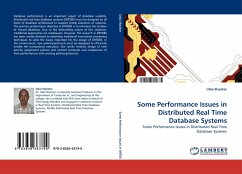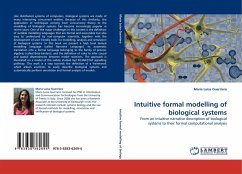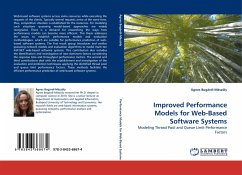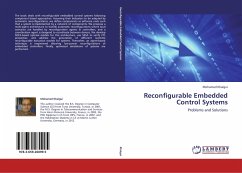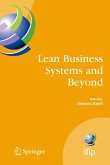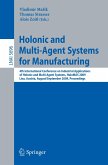Discrete Event Simulation is generally recognised as a valuable aid to the strategic and tactical decision making that is required in the evaluation stage of the manufacturing systems design and redesign processes. It is common practice to represent workers within these simulation models as simple resources, often using deterministic performance values derived from time studies. This form of representing the factory worker ignores the potentially large effect that human performance variation can have on system performance and it particularly affects the predictive capability of simulation models with a high proportion of manual tasks. Overall this research has found that adding worker performance variation models into manual assembly flow line models has an impact on the accuracy of these simulation models. The magnitude of the impact depends very much on the type of variation to be represented as well as on the system to be modelled.
Bitte wählen Sie Ihr Anliegen aus.
Rechnungen
Retourenschein anfordern
Bestellstatus
Storno

